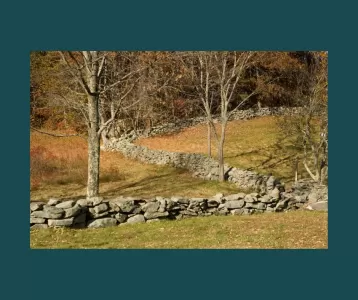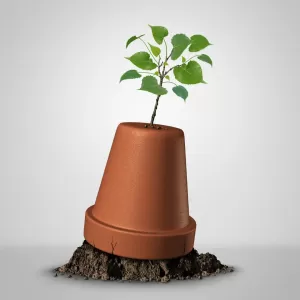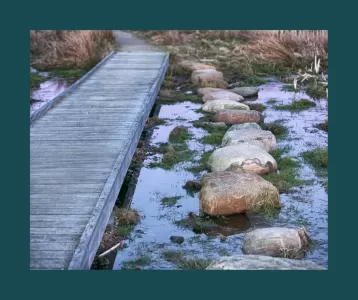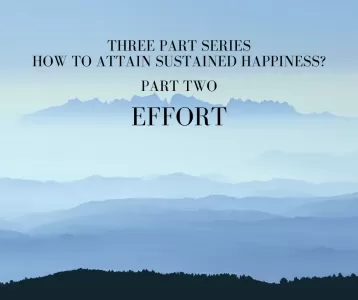When thinking about what is next “What are the right questions?”
These are women of substance, accomplishment, and status looking to pick what is next. What are the right questions and when is the discomfort of not knowing to be recognized as ok?
Let’s start with why my client was at this place of self-doubt and talking to me. Helen was at the tail end of shuttering two of the family businesses she had been running and looking at choices for what to do next. She was taking this moment to reflect on what she had done in her career, why she had made these choices, and looking to have her next move be for growth. These are all appropriate actions and aspirations to position herself to succeed. It was interesting to me that she questioned if she could trust her answers to the question about what she would do next.
I figured someone whose career included starting businesses, managing marketing campaigns while growing her family would be grounded in trusting her answers. Looking deeper, she revealed it wasn’t so much the answers as her experience with her results from answering these questions previously. She appreciates and respects her successes and accomplishments yet is left dissatisfied, wondering if she should have been doing something else. Would other work be more satisfying? The more she talked the clearer she became she was searching for her way of knowing which choice would be more fulfilling. More confidence in selecting something that would give her a richer experience then she got from just doing the work.
This guided us to focus, not on the question of “What is next for her” but on how she could identify the choices which will lead her to this richer experience. What could be added to her decision process?
We Americans pride ourselves on our work ethic and achievement orientation. We learn the value of doing our job and self-sacrifice for the attainment of goals. We are skilled at achieving. What there is to learn is how to use these skills for endeavors that are more fulfilling. If this is what you desire and is to be part of your next goal, consider the following.
How to have a fulfilling life.
Dig into your analysis. What are you using to value your choices? What is on your prioritization list? I would assume you consider elements of the work, the people, the income, and the opportunity. What do you use to value these? How much is about where these fit in top 10 lists, or what “people” are saying is important, or what my trusted advisors suggest? How much of the analysis includes looking at how you weigh the value of each of these? Where do you look for clarity about what is right for you? Where is your internal compass? Is it your intuition, your gut reaction, your thinking? What are the words you use to express your personal knowing? Are you including your reaction to these questions or your answers?
Why are these questions important? I am a strong believer in each of us is our own best source of knowing what is best for us. We have the most information about what is important to us, what are the critical questions in our lives, and how we see and want to be seen in this world. Therefore, the one who will be in the best position to judge what is best for you is you. The challenge is the place to look for this feedback often is what we were trained to ignore. We have been trained to ignore the messages from our body. Work through the fatigue, ignore the hunger, cancel the family trip for the work emergency all as justification of I must do my job. We learned to and were incented to ignore our physical reaction for it can’t be trusted. Emotions get in the way of logical thinking.
When we suppress or ignore the signals from our body we are suppressing and ignoring ourselves. We are closeting what makes us special. We are then focusing primarily on what others declare is most important leaving us out of the equation. Satisfaction depends on our being present in our lives. We are telling our managers, colleagues, friends, and family to not worry about me by my ignoring myself. We are telling ourselves the same thing. As a result, we are doing what others declare is important and with time there is nothing in what we are doing that is nourishing or rewarding for us. We become a hollow shell of who we once were.
Start by thinking about moments when you were happy. Remember how that felt. Feel that experience. This is the starting point for connecting with your inner compass. Bring this memory into your analysis of a decision. Look for those choices that resonate with your feeling of being happy. See what this will impact your next decision, how this could impact your life.
My practice is to help successful mid-career professional women find their inner compass leading them to lives of fulfillment, achievement, and success on their terms. Contact me to have an exploratory conversation about what could be possible for you.









